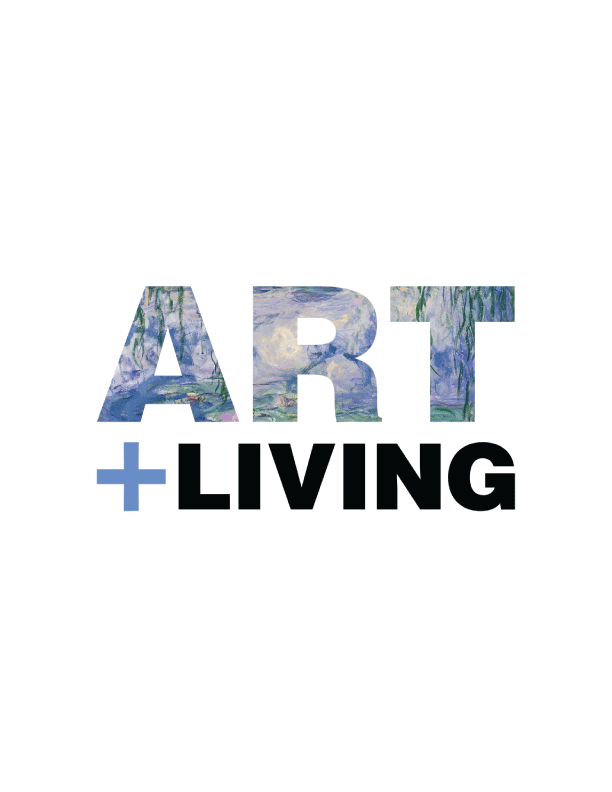Trans artists on what invisibility means to them
What does it mean to be truly seen? Each year on March 31, the world observes Transgender Day of Visibility to celebrate trans people and raise awareness of the issues they face. Writer, curator and performance artist Travis Alabanza has partnered with WePresent and London-based Filipino photographer Ezekiel to create a beautiful portraiture series of trans artists. The name of the day has led Alabanza to wonder what they would do if they were invisible—so they pose this intriguing question to the trans creatives featured here.
When I first moved to London I lived in Waterloo. A place that is easy to feel invisible. The London Eye in the distance, too many people for anyone to be noticed. Even someone backflipping in a clown outfit one Saturday afternoon may only elicit a stop from a single tourist not yet adapted to the eccentricity of London. No one will notice you.
Except, they noticed me. Freshly eighteen, my uniform back then was a short skirt, hairy legs and a full face of makeup. Visibly trans. Visibly other. Visible. It seemed the magical illusion of London making you feel invisible did not work if you were trans. Phones out filming. Builders stopping to shout. Tourists pointing to look. I was visible.
Trans Day of Visibility is an interesting day for me. I am so glad we have a day where we can shout out the incredible lives and achievements of our community. To show others the contributions we make to society despite our hardships. How we excel in the world of ballroom, like Amani. Create exciting and innovative fashion like Santana. Or assist in directing West End shows like Tatenda.
Yet I know that visibility is not a cure for our wounds. Visibility alone does not heal us. Currently it feels like trans people are facing heightened visibility without safety.
I used to set my alarm at 4am once a week in Waterloo. I would put on an outfit that I was previously stared at for in the week. I would go outside and walk around the area, only seeing birds and tube drivers too tired to look at me. I would feel my body relax into the safety. A foreign feeling. It made me wonder: what would I do if I was invisible for the day?
Amani
“A part of me wants to say something drastic like rob a bank, but I’d realistically have an anxiety attack and it’d somehow be a chaotic flop. Another part of me wants to say I’d probably just live my life as usual and bask in the privilege of not having to second guess what I want to wear for the day for my own safety and for others’ comfort.”
Amani is a London-based actor, dancer and community organiser. Their work as a dancer explores themes such as weaponizing femininity and finding synergy between masculine and feminine movement. Last year, Amani finished their year-long residency at Tate Britain and Modern, teaching workshops on the above themes to school children. They are also one of the co-founders of the collective BAXSAN, established in 2018 and primarily focused on connecting and archiving the growing LGBTQ+ Somali community in Britain.
Tatenda
“If I were invisible for the day I’d definitely try to sneak into government buildings and gather top-secret intel to empower the people and so on, but I’d also want to finish the day at a spa. It’s the kind of place I’m not brave enough to go fully nude in, particularly with such a visibly queer body, but it sounds like such a joyful and relaxing experience, especially if no one can see you in there. Maybe I’d go to an adult cinema too—I’ve always been kind of fascinated by those.”
Tatenda is a writer, director, musician and performer with links to Zimbabwe, Belgium and North America. A self-described “silly little guy with loads of Black trans joy,” he received the 2023 Evening Standard Theatre Award in Emerging Talent for his solo show “NO I.D.” at the Royal Court Theatre. Currently he’s writing two new works for both stage and television, and working as Associate Director on “For Black Boys Who Have Considered Suicide When The Hue Gets Too Heavy” on the West End.
Like this story? You’ll (probably) love our monthly newsletter.
Santana
“If I was invisible for a day, as a big horror movie fan, I would probably spend my day haunting the hell out of people, starting fights with mimes on the streets. I’d follow one of those ghost reality TV shows and start some drama. Would probably end my day by making a crappy ghost costume with a sheet and two holes and finding a nice Victorian house to settle in until the spell wore off.”
Santana is a Portuguese fashion designer and owner of the genderqueer brand NARCISSISM. Based in London, the brand is known for dressing numerous drag queens and queer performers across the city, and is heavily inspired by exuberant costume design and corsetry, blended with concepts inspired by worldwide religion, music, film and feminist icons.
Travis
“If I were invisible for one day, I would put on that dress that I’m always too afraid to wear, I wouldn’t bother with any makeup or things to cover my hair up. I would go to the busiest street, and walk down it as if it were a catwalk.”
Travis Alabanza is an award winning writer, performer and theatre maker. Noted for their distinct voice, they’ve been listed in the Dazed100 and the Forbes 30 Under 30 List. After being the youngest recipient of the artist in residency program at Tate Galleries, Alabanza’s debut show “Burgerz” toured internationally to sold out shows at the Southbank Centre and HAU Berlin. They won the Edinburgh Fringe Total Theatre award in 2019. Their work surrounding gender, trans identity and race has been noted internationally and they have given talks at universities including Oxford and Harvard.


